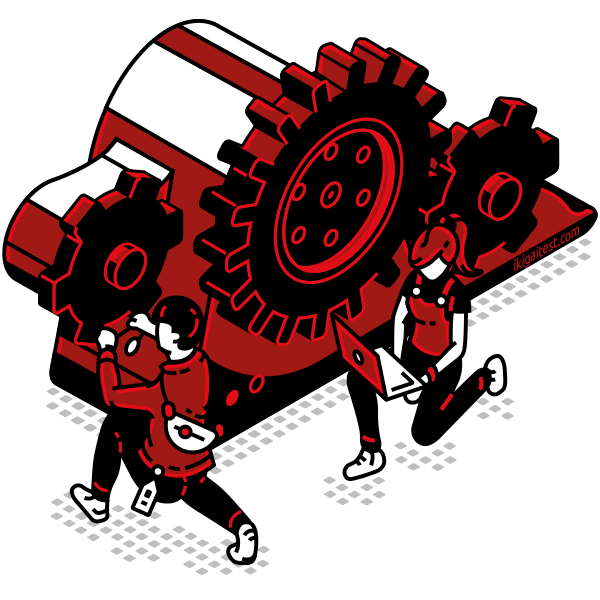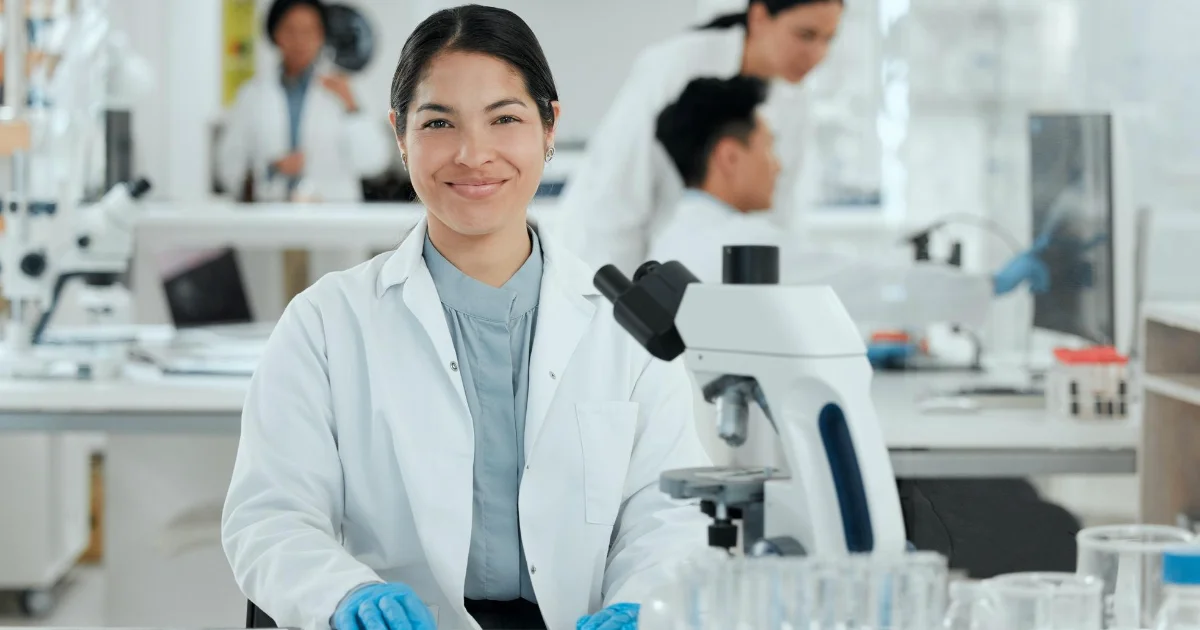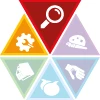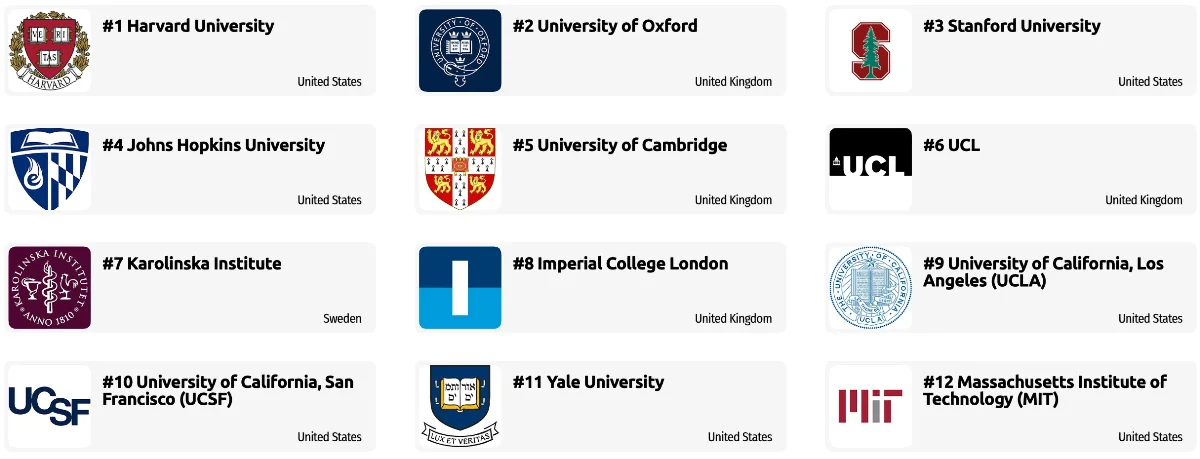Technician

Technicians will often be asked these tasks:
- Providing documentation, detailed instructions, drawings, or specifications to tell others about how devices, parts, equipment, or structures are to be fabricated, constructed, assembled, modified, maintained, or used.
- Using computers and computer systems (including hardware and software) to program, write software, set up functions, enter data, or process information.
- Servicing, repairing, calibrating, regulating, fine-tuning, or testing machines, devices, and equipment that operate primarily on the basis of electrical or electronic (not mechanical) principles.
Analyst

Analysts will often perform the following tasks:
- Identifying the underlying principles, reasons, or facts of information by breaking down information or data into separate parts.
- Using relevant information and individual judgment to determine whether events or processes comply with laws, regulations, or standards.
- Assessing the value, importance, or quality of things or people.
- Compiling, coding, categorizing, calculating, tabulating, auditing, or verifying information or data.
Other work activities related to Medical and clinical laboratory technologists
- Establishing or monitoring quality assurance programs or activities for ensuring the accuracy of laboratory results.
- Collecting and studying blood samples for determining the number of cells, their morphology, or their blood group, blood types, or compatibility for transfusion purposes, using microscopic techniques.
- Analyzing laboratory findings to checking the accuracy of the results.
- Conducting chemical analysis of body fluids, including blood, urine, or spinal fluid, for determining presence of normal or abnormal components.
- Operating, calibrating, or maintaining equipment used in quantitative or qualitative analysis, such as spectrophotometers, calorimeters, flame photometers, or computer controlled Analysts.
- Entering data from analysis of medical tests or clinical results into computer for storage.
- Analyzing samples of biological material for chemical content or reaction.
- Setting up, cleaning, and maintaining laboratory equipment.
- Providing technical information about testing results to physicians, family members, or researchers.







